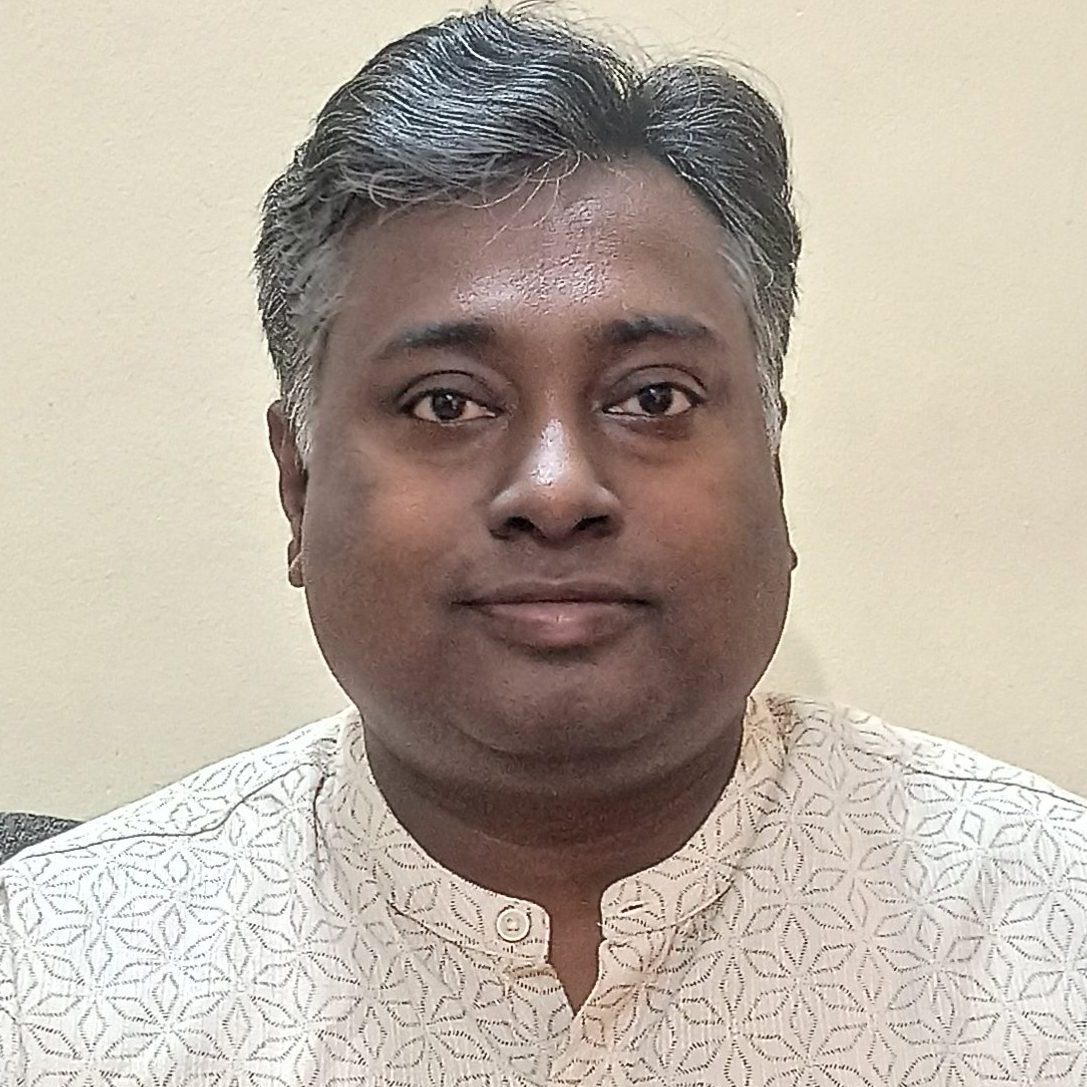Malish C. M.
Assistant Professor
·
Core Faculty
Malish C. M. works on the education policies. He holds a PhD in Sociology from IIT Delhi. Intersections of education and society are central to his research and policy engagement. His research interests include higher education, equity, student success, governance, policy process, intermediary organisation and EdTech platforms. He was closely associated with national and state-level decision-making bodies in higher education during his tenure as a faculty at the National Institute of Education Policy and Administration, New Delhi. Malish has conducted extensive and intensive fieldwork in educational settings such as schools, colleges and universities in various parts of the country. His research has appeared in Higher Education, Qualitative Inquiry, Economic and Political Weekly, IEEE Technology and Society Magazine and International Higher Education.
Research Interests
Higher educationEquityStudent successGovernanceIntermediary organisationEdTech platforms
Education
PhD Sociology, Indian Institute of Technology, Delhi, New Delhi, India, 2013
Publications
Malish C. M. · Forthcoming · In Pradeep Kumar Mishra & Anupam Pachauri (eds.). India Higher Education Report: Higher Education Research, Routledge
Sabharwal, N. S. & Malish, C. M. · Forthcoming · Oxford Research Encyclopedia of Qualitative Research Methods in Education
Malish C. M. · 2024 · In Jamil Salmi (ed.), Transforming Lives at the Institutional Level Equity Promotion Initiatives Across the World, Star Scholars Network
Choudhury, P. K., Malish, C. M., & Gill, A. S. · 2023 · Journal of Development Policy and Practice
Gautam, D. R., Malish, C. M., & Kikhi, K. · 2023 · Economic and Political Weekly
Malish C. M. · 2023 · Economic and Political Weekly
Malish C. M. · 2023 · Economic and Political Weekly
Malish C. M. · 2022 · Routledge
Varghese, N. V., Sabharwal, N. S., & Malish, C. M. · 2022 · Bloomsbury Publishing
Malish, C. M. · 2021 · International Higher Education
Malish, C. M. · 2020 · Economic and Political Weekly
Malish, C. M. · 2018 · Encyclopedia of International Higher Education Systems and Institutions
Tierney, W. G., Sabharwal, N. S., & Malish, C. M. · 2018 · Qualitative Inquiry
Varghese, N. V., Sabharwal, N. S., & Malish, C. M. (Eds.) · 2018 · Sage Publishing
Sabharwal, N. S., & Malish, C. M. · 2017 · International Higher Education
Malish, C. M., & Ilavarasan, P. V. · 2016 · Higher Education
Projects
College Effect on Academic and Career Outcomes: An Analysis of Engineering Education
Ongoing
Internationalisation of Higher Education for Global Citizenship Education
Ongoing
Higher Education Success and Social Mobility: A Study of UGC Coaching Schemes
Completed
Higher Education for Civic Learning and Democratic Engagement: A Study of Diversity and Discrimination in Higher Education Institutions
Completed
Transforming Lives at the Institutional Level: Equity Promotion Initiatives Across the World
Completed
Changing Role of Intermediary Organisations in an Expanding System of Higher Education in India
Ongoing
